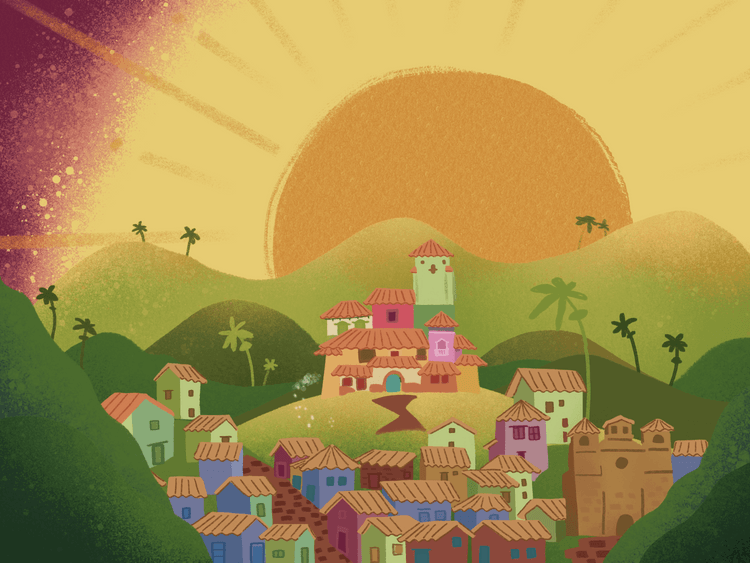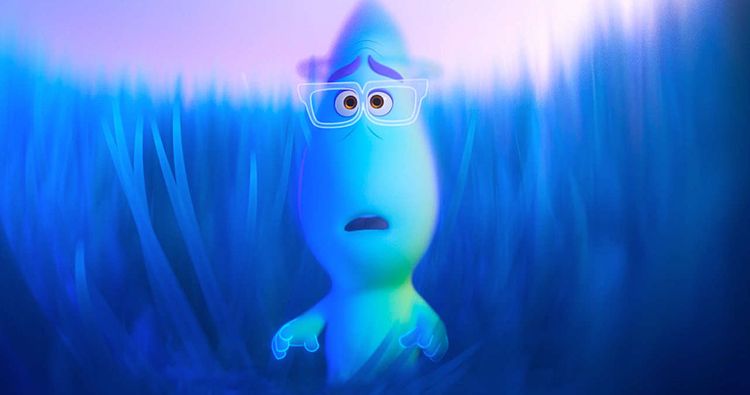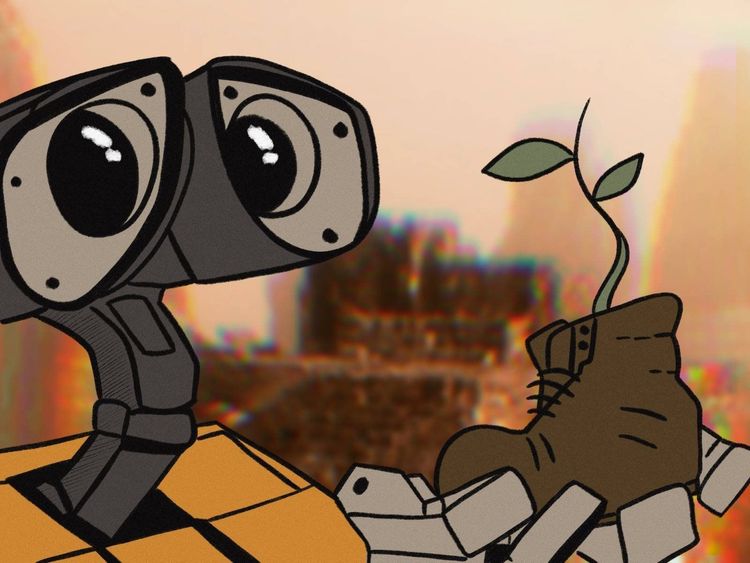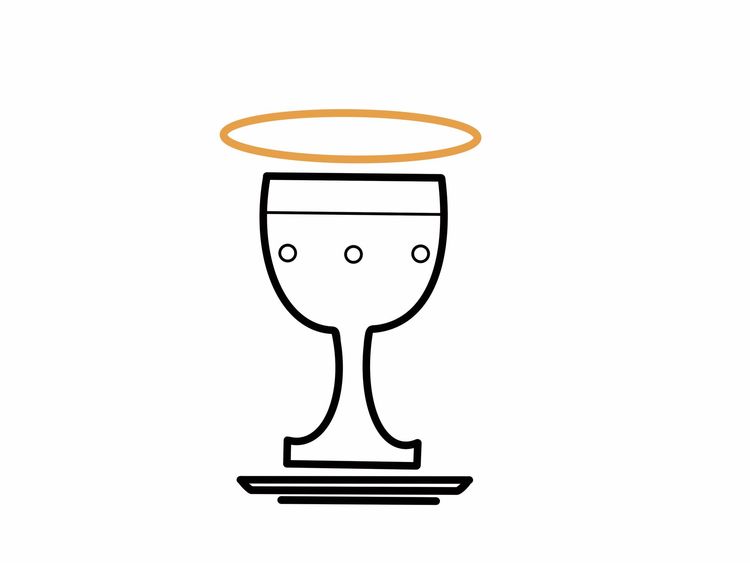Love Coffee — but not like that

Art: Jessica Keiko Mitsumasu ©
Our favourite drink creates more than a sense of alertness
When I think of coffee, I think of warmth. There's a comfortable chair, a hot mug nestled between my palms, the rich aroma drifting through the room. Then the first taste, mellow but strong, much anticipated and never disappointing. All this takes place over personal reflection or stimulating conversation. The thought of coffee creates an entire scene suffused with delight. This is because coffee is much more than a drink. It is part of how we enjoy the world.
I have not always believed this. Particularly in the days of my medical training, coffee was just a drug. It was not a delight in its own right but a tool to keep me slogging through those red-eyed nights in the hospital. There was no greater symbol for this reductionistic approach to coffee than the tumbler.
The tumbler was and is fundamentally a unit of mobility. It exists to enable us to take our coffee with us wherever we go. Its very purpose encourages activity rather than a sustained and thoughtful experience. An open mug simply isn’t practical for the bustling worker, but while the apparent necessity of a tumbler grows out of a hectic culture, it also feeds into it. We get used to drinking on the go, and every time we take our tumblers with us, we are shaping our experience of coffee. We reduce the beverage to a function, a caffeine hit to give us another boost of productivity.
I realized this was certainly true of myself because it no longer mattered whether the coffee was fresh or stale as I hurried from patient to patient. All I wanted was another fix to get me through the next few hours before coming back for another swig. I suspect this is true for many of us pulling all-nighters or ploughing through reams of paperwork. Coffee in the tumbler persuades us to live a life in the fast lane, to naively prize volume and efficiency over deeper engagements. It tempts us to increasingly loftier goals of achievement at the edge of human capacity. It is but one more step to a Ritalin addiction.
The process, however, is even more pernicious in how it shapes who we are as people. To borrow from Jacques Ellul, tumbler coffee reduces us to the level of catalyst, to simple means of production. There are two elements to this transformation. Practically, we overlook the good guidance of our body’s natural fatigue and force it to work harder yet. This is a step toward our dehumanization. But a subtle idea drives this. We only push ourselves to such limits because we believe our worth is derived from our economic value and the goods we can produce. In reducing coffee to caffeine, we are reduced from human to machine. Over time, such a stance toward coffee and ourselves becomes banal. It is no wonder we are so quick to put more gas in the tank.
There is a degree of irony in this approach to coffee. We think it enables us to expand our abilities, and while this is certainly true in some respects, it is only part of the picture. Much of what has made coffee so essential in human history has been its role in creating our world, not through stimulatory effects on our brains but through our drinking rituals in communal places and over thoughtful conversation. In other words, the gift of coffee to us has been in how it shapes our leisure, not our work.
Shachar Pinsker provides a beautiful example of this in his book A Rich Brew: How Cafés Created Modern Jewish Culture. Coffeehouses were "central to modern Jewish creativity" and functioned as way stations for Jewish intellectuals on the move across Europe, especially in the 1930s when they fled their homes in Nazi Germany and Austria. Writers and thinkers could connect in a new city and still be part of a community, despite all that they had lost. For the modern Jewish experience, the café "has been critical to its complex mixture of history and fiction, reality and imagination, longing and belonging, consumption and sociability, idleness and productivity." In short, coffee and the cafés it fostered created an entire culture.
As James Hoffmann points out in The World Atlas of Coffee, "Coffee is entwined with both the economic and cultural histories of so many countries." From Sufi monasteries to European courts to modern-day Tokyo, coffee has long been global. Certainly, this does not mean that all people across history have drunk coffee for pleasure. Indeed, Hoffman suggests that the purpose of delighting in the complexity of flavour has "relatively little penetration into global culture." But the idea that coffee is more than merely a drink to be savoured, but rather an entity that brings us together is a gift we must not lose.
Coffee still retains this tradition in our world. For those who eschew the demands of Ellul’s technological society and instead embrace the existential mood of our day, coffee becomes part of our identity. As Hoffmann points out, "Coffee drinking has evolved from simple morning stimulation into an expression of self." For the connoisseur, modern specialty coffee generates a world of niche cafés and coffee friends. For me, it becomes a Saturday morning date with my wife where we can be fully present with one another.
The sheer breadth and power of coffee cannot be captured by the tumbler. Rather than sparking cultural growth, it becomes merely a biochemical phenomenon that raises our heart rate and makes us go pee. But coffee is so much more. I do not want to be duped into thinking otherwise. A life in perpetual motion can too easily overlook such wonders as love and friendship. So now, I enjoy my coffee while seated and from a mug. If my pager is going off, I’ll come back to my coffee, or I’ll take time to finish what’s left later. But I won’t take it on the go.





Member discussion